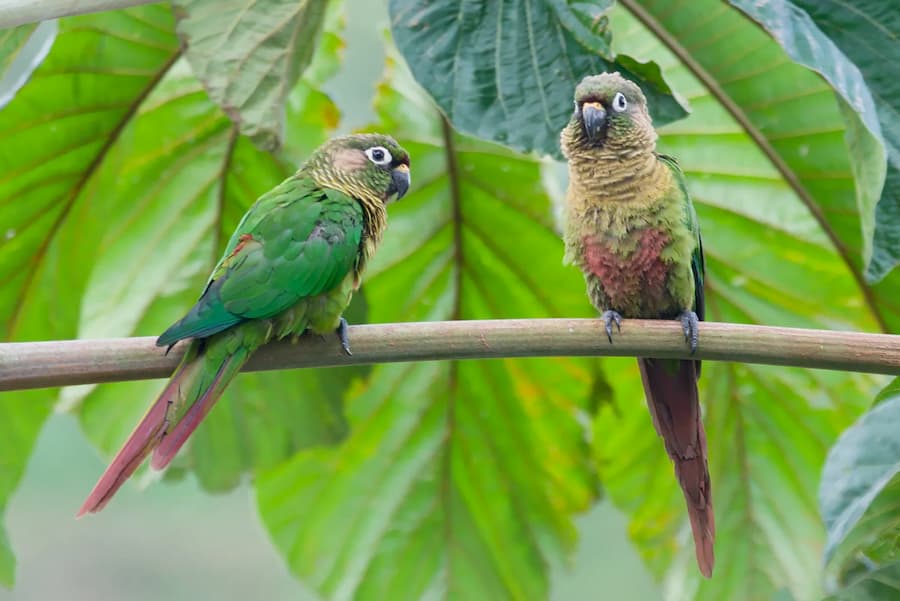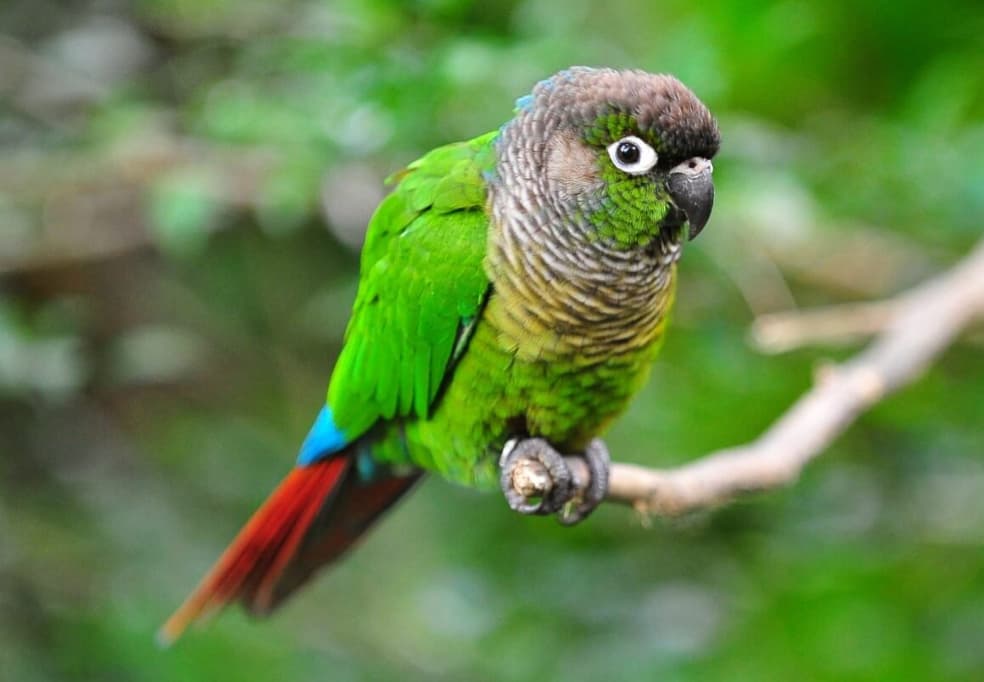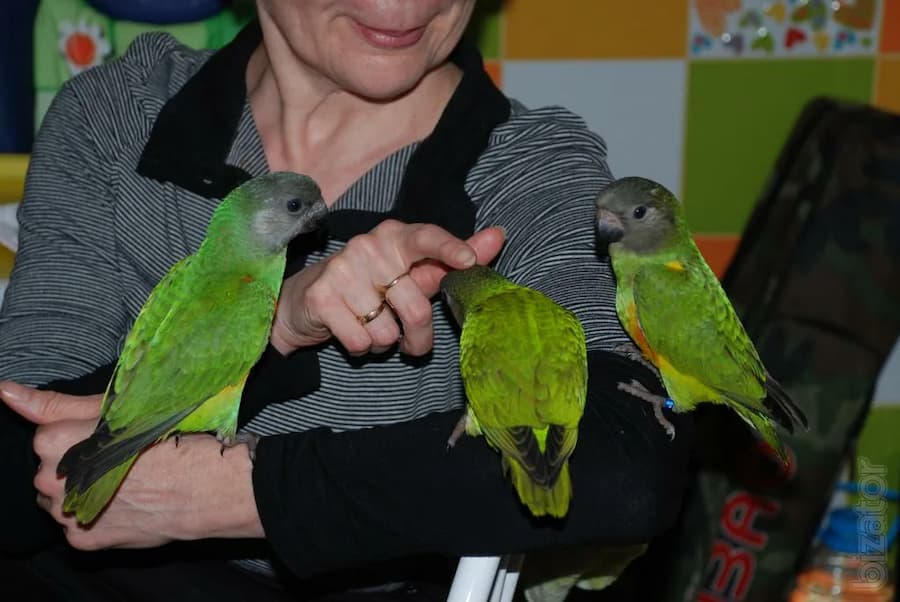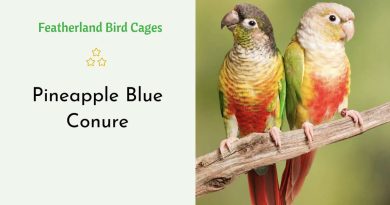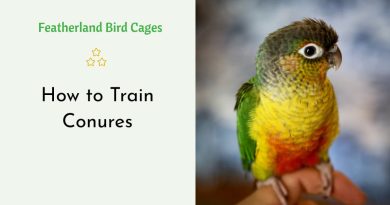Can Conures See in the Dark?
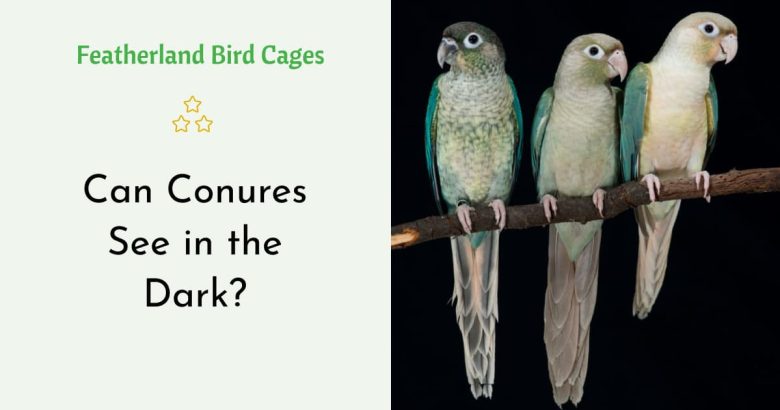
Conures can be good companion birds for families. They are active and will need plenty of time outside of their cage. Sun conures need adequate space to fly and explore. They will also need enrichment to prevent boredom.
They can be noisy and will express fear, excitement, or hunger with loud calls. They may also call when their food is ready. They are quick to learn and can mimic other sounds.
They have more cones than rods
Conures are fun-loving birds with a quirky sense of humor. They make great companions for people of all ages and enjoy being touched. They are also intelligent and can learn tricks and mimic sounds. They are known to be able to communicate with their owners, and some even talk!
Birds have a wide field of vision and can see in the dark. Their eyes have a vertical range of about 300 degrees, and they can detect movements, edges, and silhouettes. They also have a pathway through which rods connect to the cones, which significantly improves their night vision. In addition, nocturnal birds have a better sense of distance than humans do.
In the wild, conures live in savannas and forests. They like to eat natural foods and are fond of berries, roots, and grasses. They can also eat seeds, vegetables, and fruits. They prefer to roost in pairs or in trees during breeding season, and some species even sleep in tree cavities.
They have a lateral field of vision
Birds have a lateral field of vision that allows them to see their surroundings in all directions. Their eyes are positioned on the sides of their heads, which gives them a wider field of vision than mammals. This feature allows them to keep track of their environment while they sleep at night.
In addition to their lateral vision, birds also have a better field of depth perception than humans. This is because they have more cones than rods, which helps them see a broader spectrum of colors. Their eyes also have a flattened shape, which helps them focus on their visual field.
In the wild, birds often roost in trees at night for protection from predators and other threats. They also roost at the same time every night, so that they can get enough sleep to survive. Parrots may take naps during the day, but it’s important that they don’t sleep too much. This can be dangerous for them and will cause them to become stressed.
They are nocturnal
While it may seem strange, a conure’s eyesight is better in the dark than during the day. This is because they have more cones than rods and a lateral field of vision. However, this does not mean that they can see in complete darkness.
During the night, the bird will sleep while standing, often with its head tucked under one of its wings. This is a natural behavior and should not be disturbed, as long as the bird is comfortable. It is also common for them to sleep with their eyes slightly open, which is a beautiful thing to watch.
The best way to ensure that your conure gets good quality sleep is by providing a dark environment in their cage. This mimics their natural environment and helps them get the high-quality sleep they need to stay healthy. In addition, this will reduce the number of visits to the vet and save you money in the long run.
They are afraid of the dark
Conures are intelligent, playful birds that make great pets. They can be trained to perform tricks and other behaviors, and they often bond with their owners. They also have a tendency to explore their surroundings, and they are able to figure out how to open their cages.
In the wild, conures eat clay as a supplement for minerals and digestion. However, this habit can be harmful for your bird if you don’t feed them properly. Conures may also eat their own droppings, which can lead to intestinal blockages and other health problems.
Another weird behavior is that conures can laugh, which can be a bit shocking for their owners. However, this is a natural sound that they pick up from their human companions. They can even predict when you’re about to laugh, because they know the tone and pitch of your voice. They can also imitate sounds and mimic your hand gestures.


